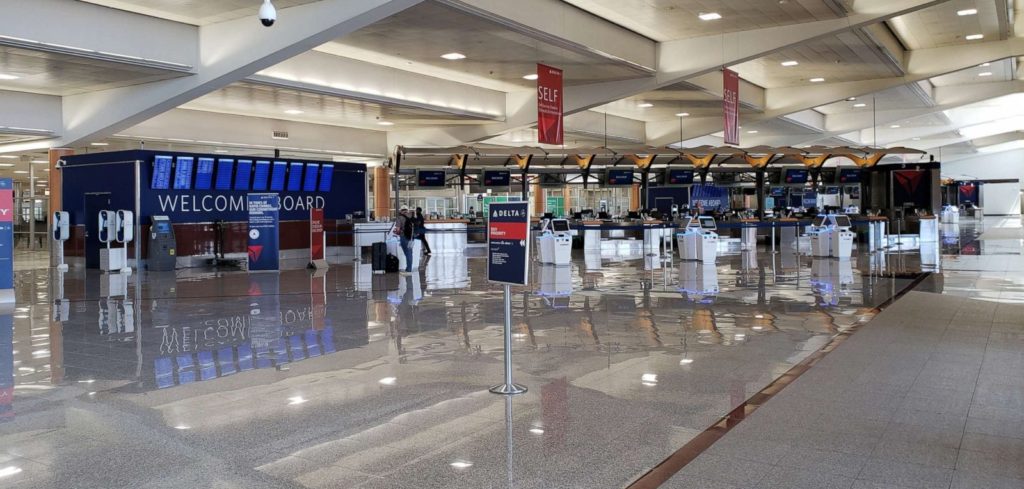IATA has revised down its predictions for the recovery of global passenger traffic as the Covid-19 pandemic, and reaction to it, continue to wreak havoc on air travel. The key point it raises in the new forecast is that passenger traffic (measured in RPK – revenue passenger kilometers) will not return to pre-Covid levels until at least 2024, a year later than it predicted a month ago.
It does expect a recovery in short-haul travel to occur faster than for long-haul travel. As a result, passenger numbers will recover faster than traffic measured in RPKs. Recovery to pre-Covid-19 passenger levels, however, will still slide by a year from 2022 to 2023.
It notes that June 2020 passenger traffic figures foreshadowed the slower-than-expected recovery. Traffic, measured in RPK, fell 86.5% year on year, a marginal improvement from the 91% contraction in May. The June load factor set an all-time low for the month at 57.6%.
IATA says its more pessimistic recovery outlook is based on a number of recent trends, including:
- Slow virus containment in the USA and developing economies: Although developed economies outside of the USA have been largely successful in containing the spread of the virus, renewed outbreaks have still occurred as well as in China. Furthermore, there is little sign of virus containment in many important emerging economies, which in combination with the USA, represent around 40% of global air travel markets. Their continued closure, particularly to international travel, is a significant drag on recovery.
- Reduced corporate travel: Travel budgets are expected to be tightly constrained as companies continue to feel financial pressure even as the economy improves. In addition, while historically GDP growth and air travel have been highly correlated, surveys suggest this link has weakened, particularly with regard to business travel, as video conferencing appears to have made significant inroads as a substitute for in-person meetings.
- Weak consumer confidence: While pent-up demand exists for VFR (visiting friends and relatives) and leisure travel, consumer confidence is weak in the face of concerns over job security and rising unemployment, as well as risks of catching Covid-19. Some 55% of respondents to IATA’s June passenger survey don’t plan to travel in 2020.
Owing to these factors, IATA’s revised baseline forecast is for global enplanements to fall 55% in 2020 compared with 2019 (the April forecast was for a 46% decline). Passenger numbers are expected to rise 62% in 2021, but still will be down almost 30% compared to 2019.
“Passenger traffic hit rock bottom in April, but the strength of the upturn has been very weak,” said Alexandre de Juniac, IATA’s director general and CEO. “What improvement we have seen has been domestic flying. International markets remain largely closed. Consumer confidence is depressed and not helped by the UK’s weekend decision to impose a blanket quarantine on all travelers returning from Spain. And in many parts of the world infections are still rising. All of this points to a longer recovery period and more pain for the industry and the global economy.”
He added the following bleak summary: “Domestic traffic improvements notwithstanding, international traffic, which in normal times accounts for close to two-thirds of global air travel, remains virtually non-existent. Most countries are still closed to international arrivals or have imposed quarantines, which have the same effect as an outright lockdown. Summer – our industry’s busiest season – is passing by rapidly, with little chance for an upswing in international air travel unless governments move quickly and decisively to find alternatives to border closures, confidence-destroying stop-start reopenings and demand-killing quarantines.”

